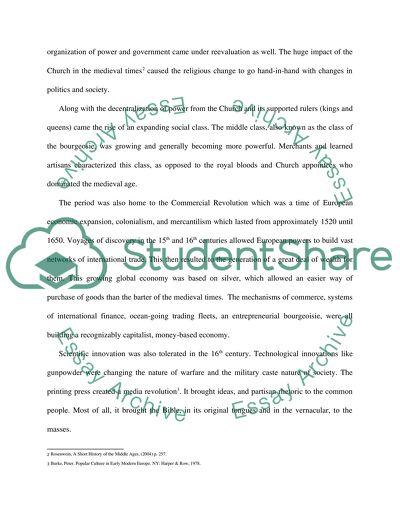Cite this document
(Useful Dividing Line between the Medieval and Modern Eras Assignment, n.d.)
Useful Dividing Line between the Medieval and Modern Eras Assignment. Retrieved from https://studentshare.org/history/1540726-western-history
Useful Dividing Line between the Medieval and Modern Eras Assignment. Retrieved from https://studentshare.org/history/1540726-western-history
(Useful Dividing Line Between the Medieval and Modern Eras Assignment)
Useful Dividing Line Between the Medieval and Modern Eras Assignment. https://studentshare.org/history/1540726-western-history.
Useful Dividing Line Between the Medieval and Modern Eras Assignment. https://studentshare.org/history/1540726-western-history.
“Useful Dividing Line Between the Medieval and Modern Eras Assignment”, n.d. https://studentshare.org/history/1540726-western-history.


